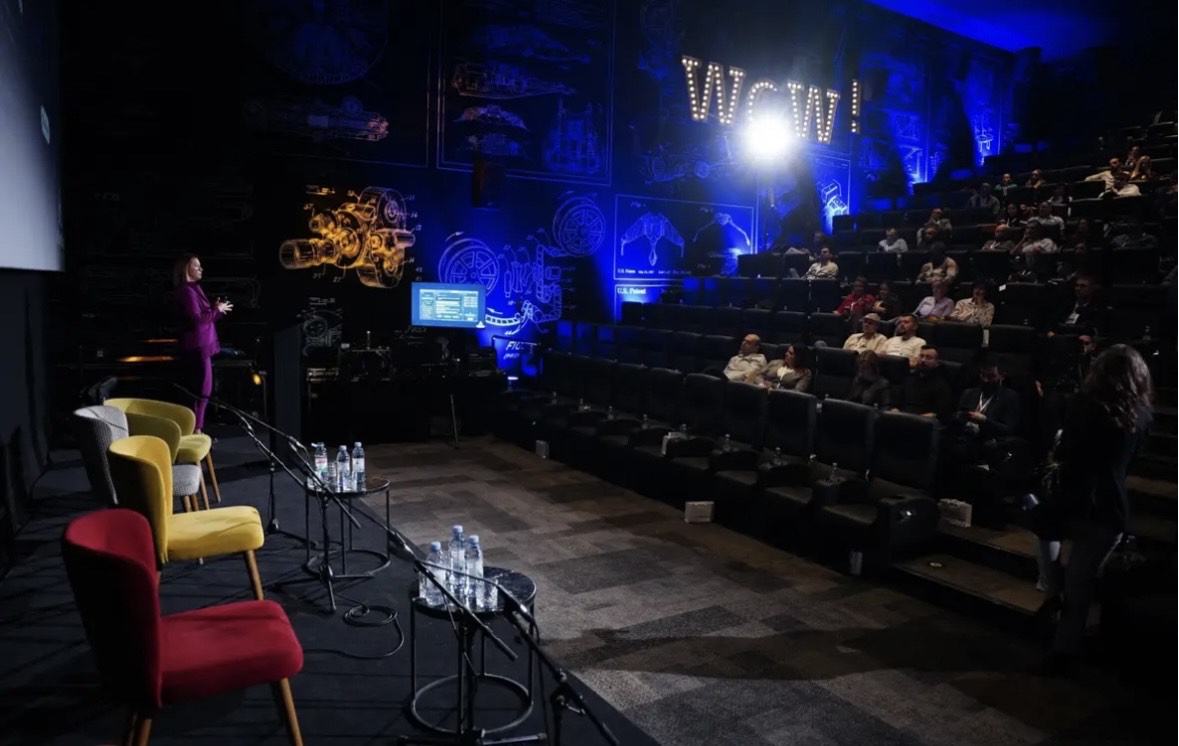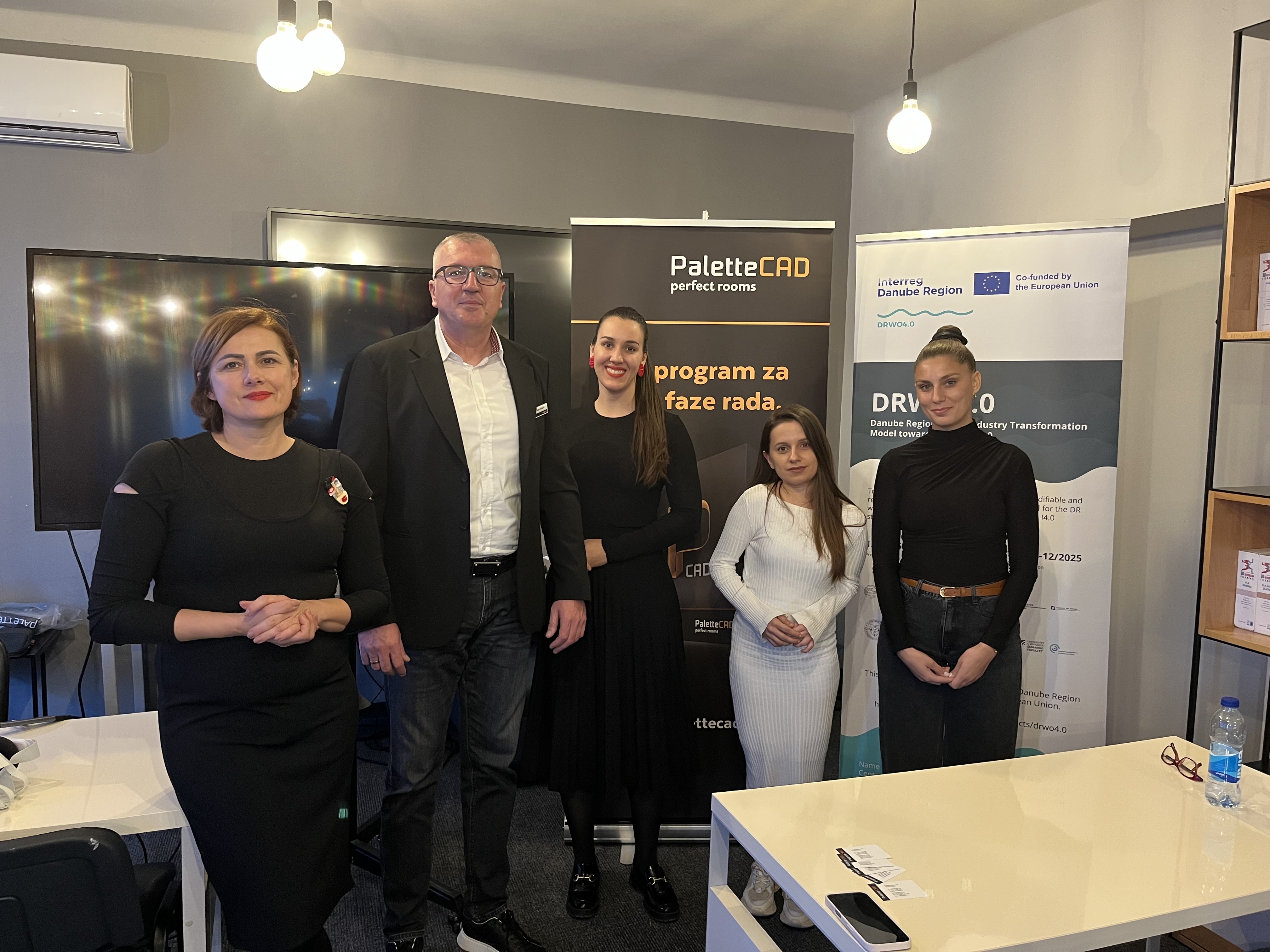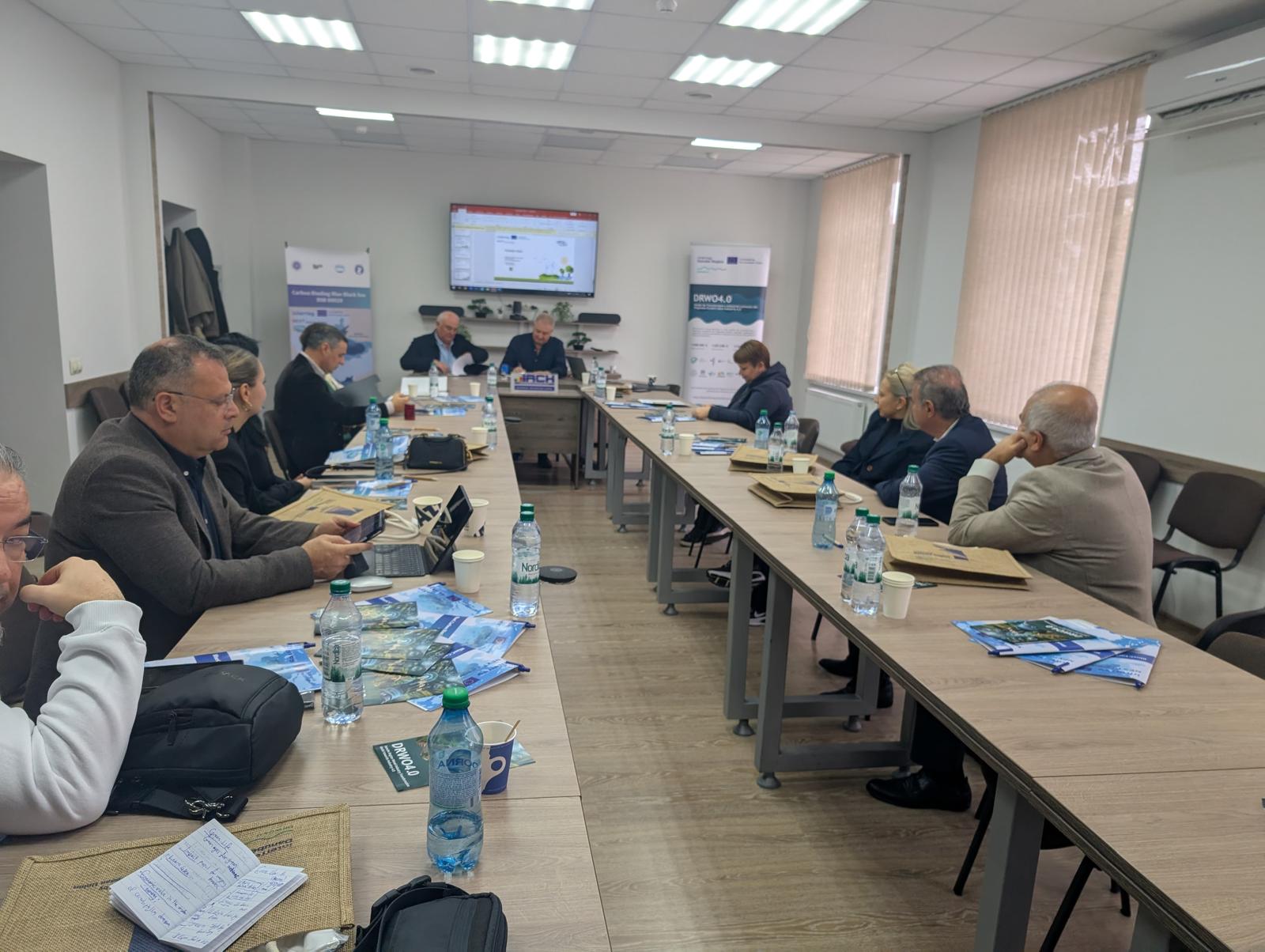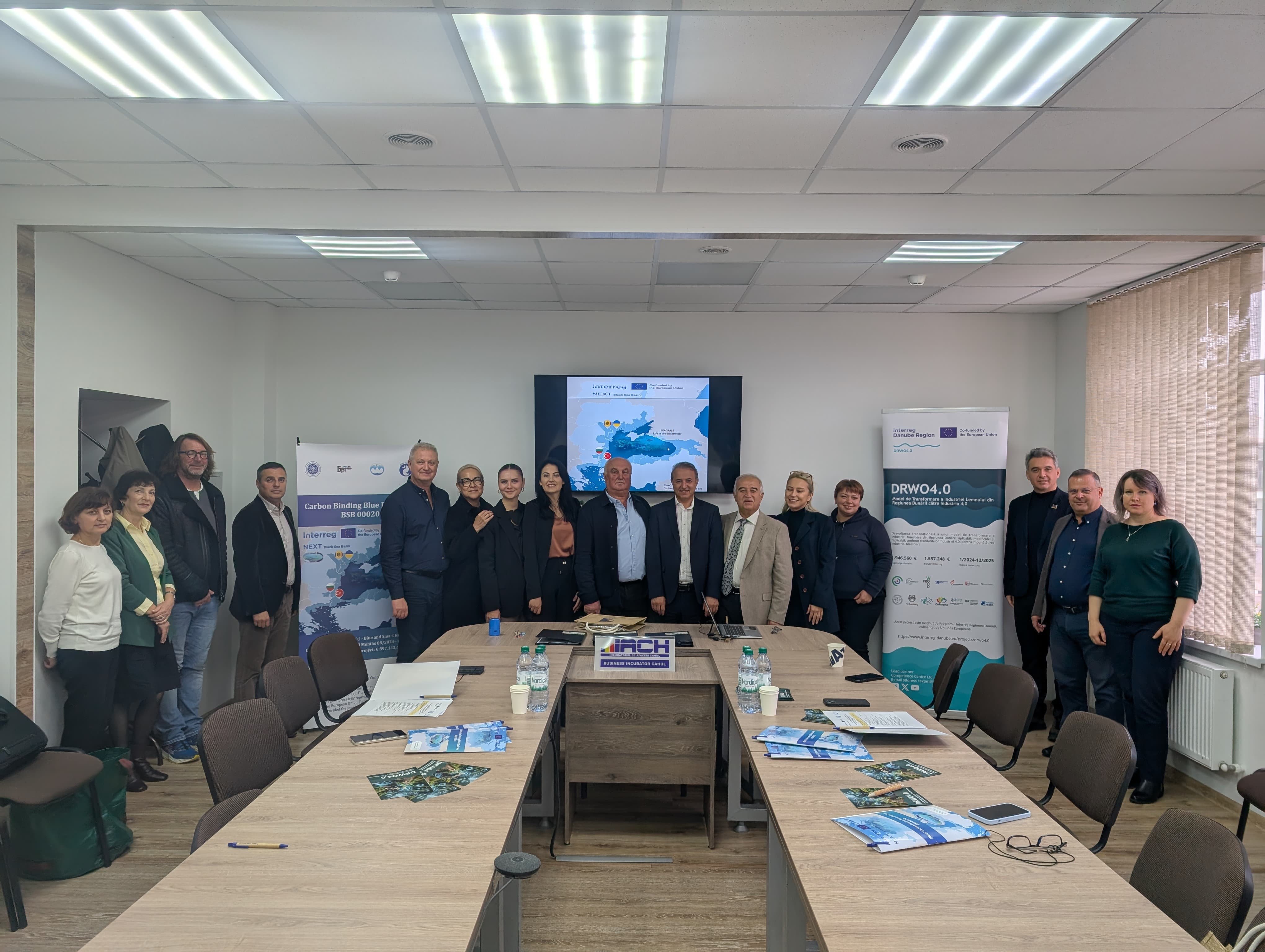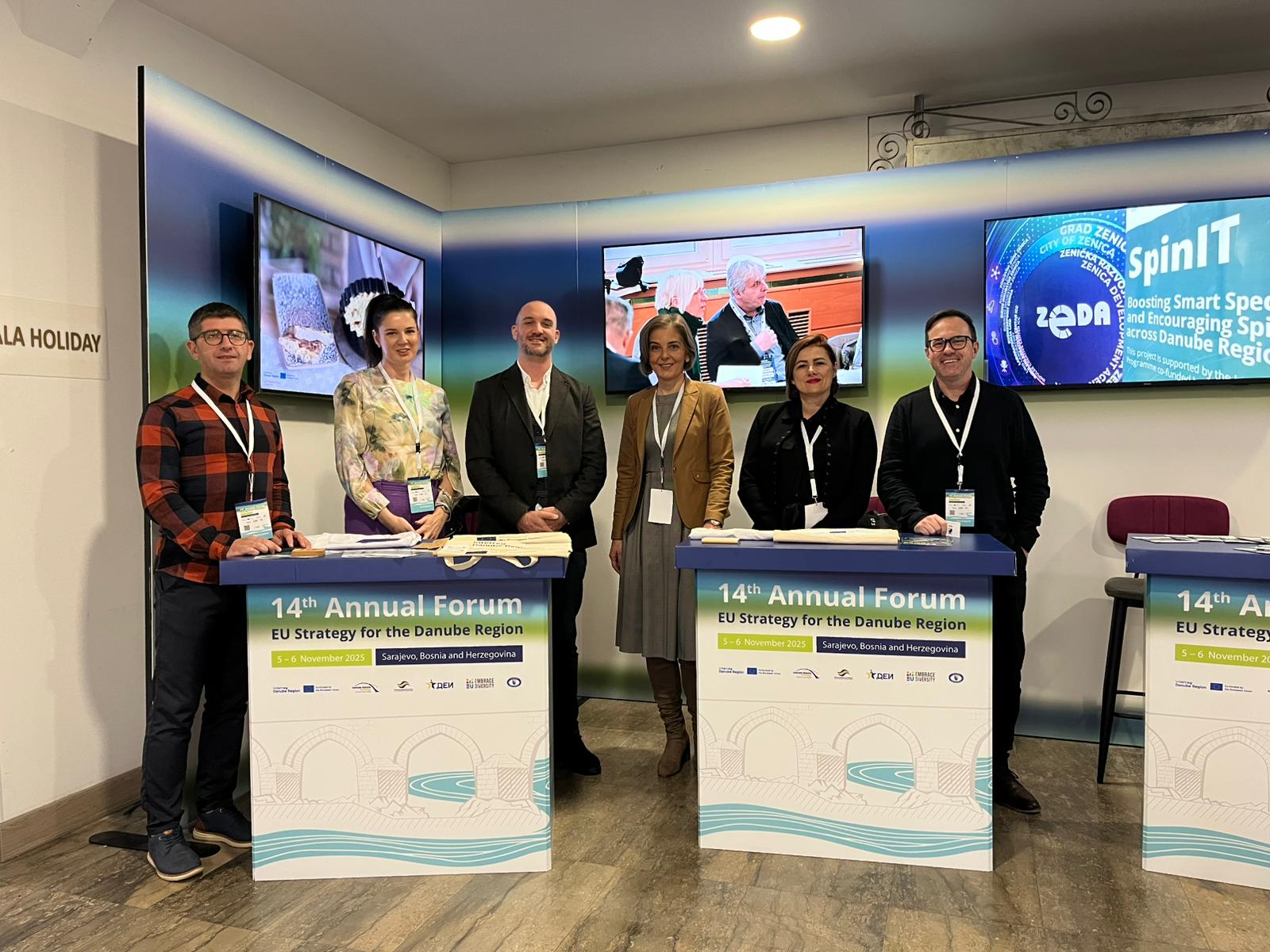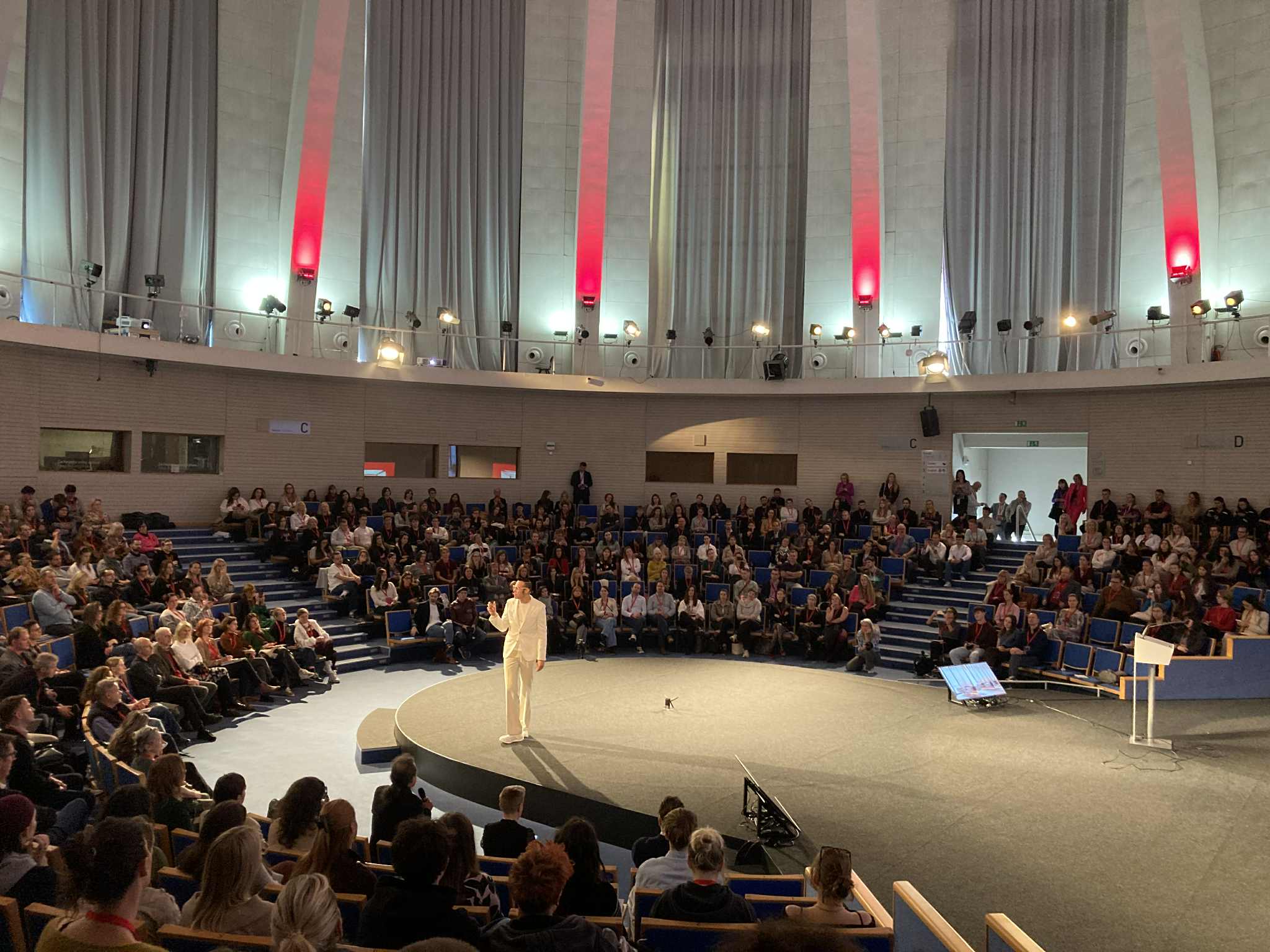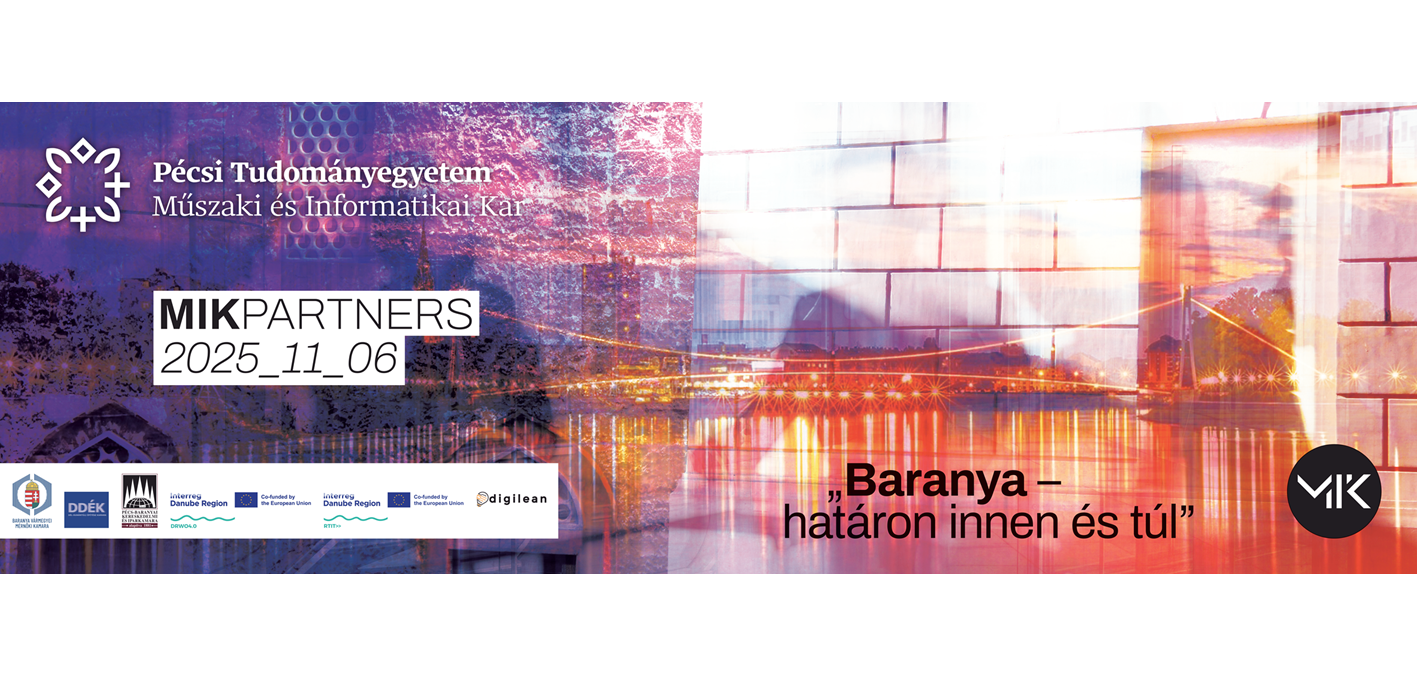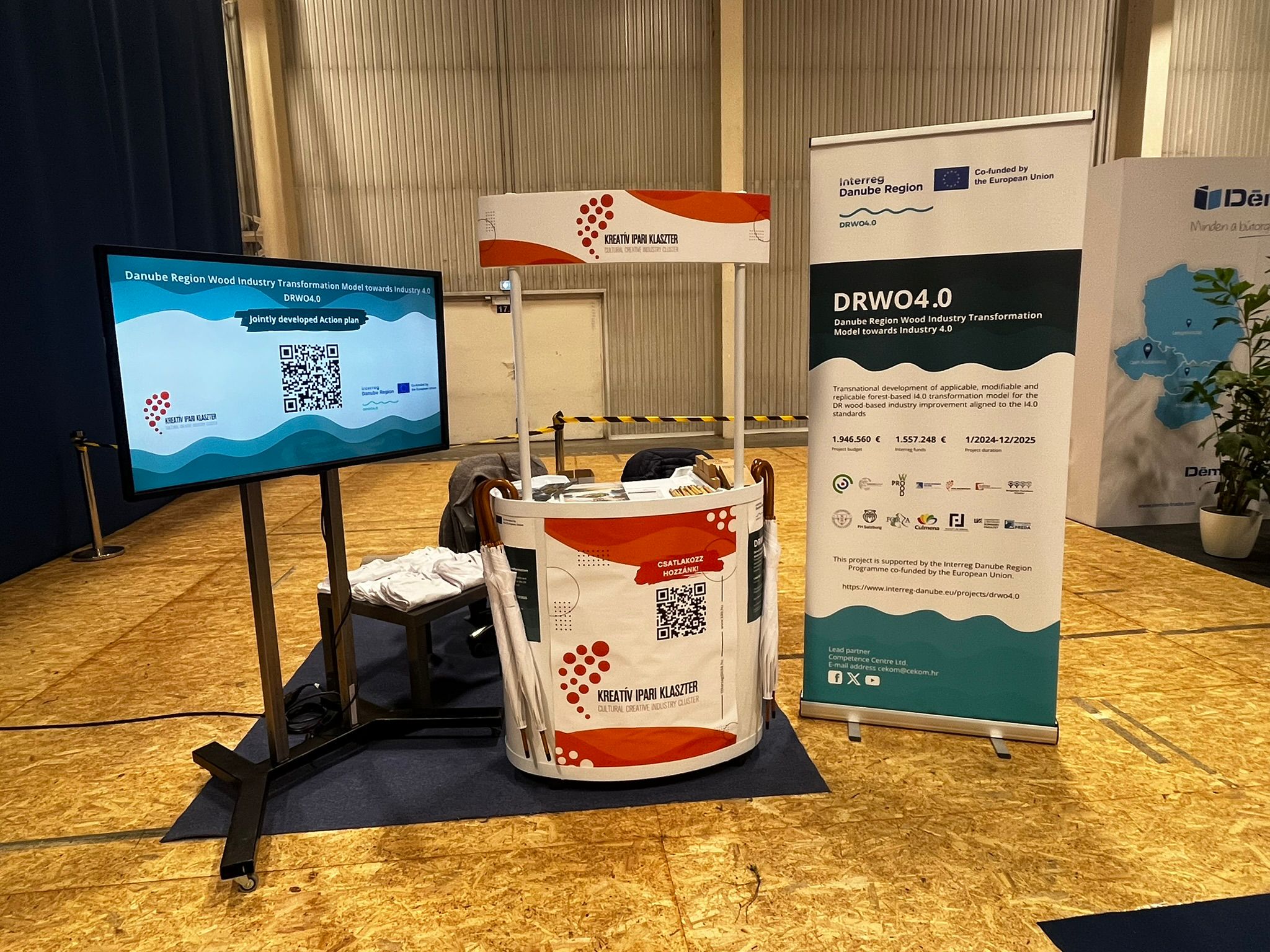DRWO4.0 National Workshop - Moldavia
And wood can also be digital: The transformation of the wood industry in the 4.0 era.
In an age dominated by accelerated digitalization, it is hard to believe that a traditional material such as wood can be integrated into advanced technological processes. However, "And wood can also be digital" - a paradox that becomes reality in the transformation of the wood industry through the adoption of Industry 4.0 concepts. This was the message conveyed by the experts present at the national workshop organized within the project "Model for the Transformation of the Wood Industry in the Danube Region towards Industry 4.0" (DRWO4.0), funded through the Interreg Danube Region Program, funded by the European Union, recently organized by the Cahul Business Center - the project partner, Regional Organization FARM.
What is Industry 4.0?
Industry 4.0, also known as the Fourth Industrial Revolution, refers to the integration of cutting-edge technologies into production processes, forming "smart factories". This involves connecting physical and digital systems, enabling automation and flexibility in processes. The main technologies of Industry 4.0 include the Internet of Things (IoT), artificial intelligence (AI), augmented reality, data analytics, and advanced robotics.
How does advanced technology help the wood industry?
At the event in Cahul, partners of the DRWO4.0 project shared experiences and results of digitalization in the development of businesses in the wood industry in the Danube region, including the Republic of Moldova. One of the main conclusions was that modern technologies increase efficiency, reduce costs, and improve the quality of products. For example, the integration of artificial intelligence solutions can optimize every stage of production, from processing raw wood to delivering the final product to customers, thus simplifying the supply chain.
Clusterization - the key to success in global competition.
An important factor in adapting to Industry 4.0 is clusterization - mobilizing economic agents to collaborate and implement the same technologies together. During the event, representatives of successful clusters, such as the furniture cluster in Ungheni, showed how close collaboration can facilitate the rapid adoption of technology, helping them become competitive. Alexandru Covali, the administrator of the Ungheni cluster, explained how they managed to streamline processes and reduce costs by using modern technological solutions. Sergiu Tutovan, manager of the Table Grapes Cluster in Cahul, and Nicolae Minciună, manager of the Wine Producers Cluster in Cahul, also shared their experiences working in clusters.
Industry 4.0 - a threat or an opportunity for employees?
Alina Beatrice Raileanu, Vice-Rector for Business & Administration, Galati, clarified the impact of digitalization on the workforce. She emphasized that although some traditional jobs may disappear, technology opens up new opportunities for skilled employees who can control and operate sophisticated equipment. Thus, the demand for skilled labor will increase, as well as the level of wages and competitiveness in the labor market.
Research and data analysis play a vital role in the digitalized production chain. Alina Beatrice Raileanu emphasized the importance of research in optimizing processes, highlighting that data analysis can identify quick solutions for efficiently transforming raw materials into finished products. This progress allows for the direct delivery of products to the customer, simplifying processes and reducing distribution costs. Victor Sfeclă, lecturer at the Technical University of Moldova, presented the situation of the forestry sector in the country, while Professor Andrei Popa, from the "Bogdan Petriceicu Hasdeu" State University in Cahul, described the potential for business development in the Republic of Moldova through the adoption of Industry 4.0. The implementation of digital technologies in the wood industry could offer Moldova a chance to become a significant competitor in the region, especially at a time when innovation and adaptability are essential for economic success.
And about the digital solutions that can be applied for each industry individually, but also customized, Roman Yavorskyi from Ukraine, representative of the Industrial Automation Association, spoke. Industry 4.0 is not just an innovation, but a profound and necessary transformation. Those who adopt these technologies in time will be prepared to face global competition and provide superior quality products.
Initiatives like DRWO4.0 demonstrate that, regardless of the tradition of the material, the wood industry can be digitized, and Moldova has the opportunity to capitalize on this trend. The transformation model is a suitable solution for all actors in the Danube Region as a roadmap for transformation towards I4.0, especially for decision-makers, supporting them to consider a new approach that needs to be taken into account in the development of future strategies and decision-making processes, concluded Anatol Nebunu, director of the Cahul Business Center.
*The DRWO4.0 project aims to improve the wood industry in the Danube region by supporting its transformation towards Industry 4.0. This objective will be achieved through the development of a transnational model that is applicable and adaptable, capable of reducing the gaps generated by the insufficient implementation of I4.0 in the forestry sector, especially in less developed regions.
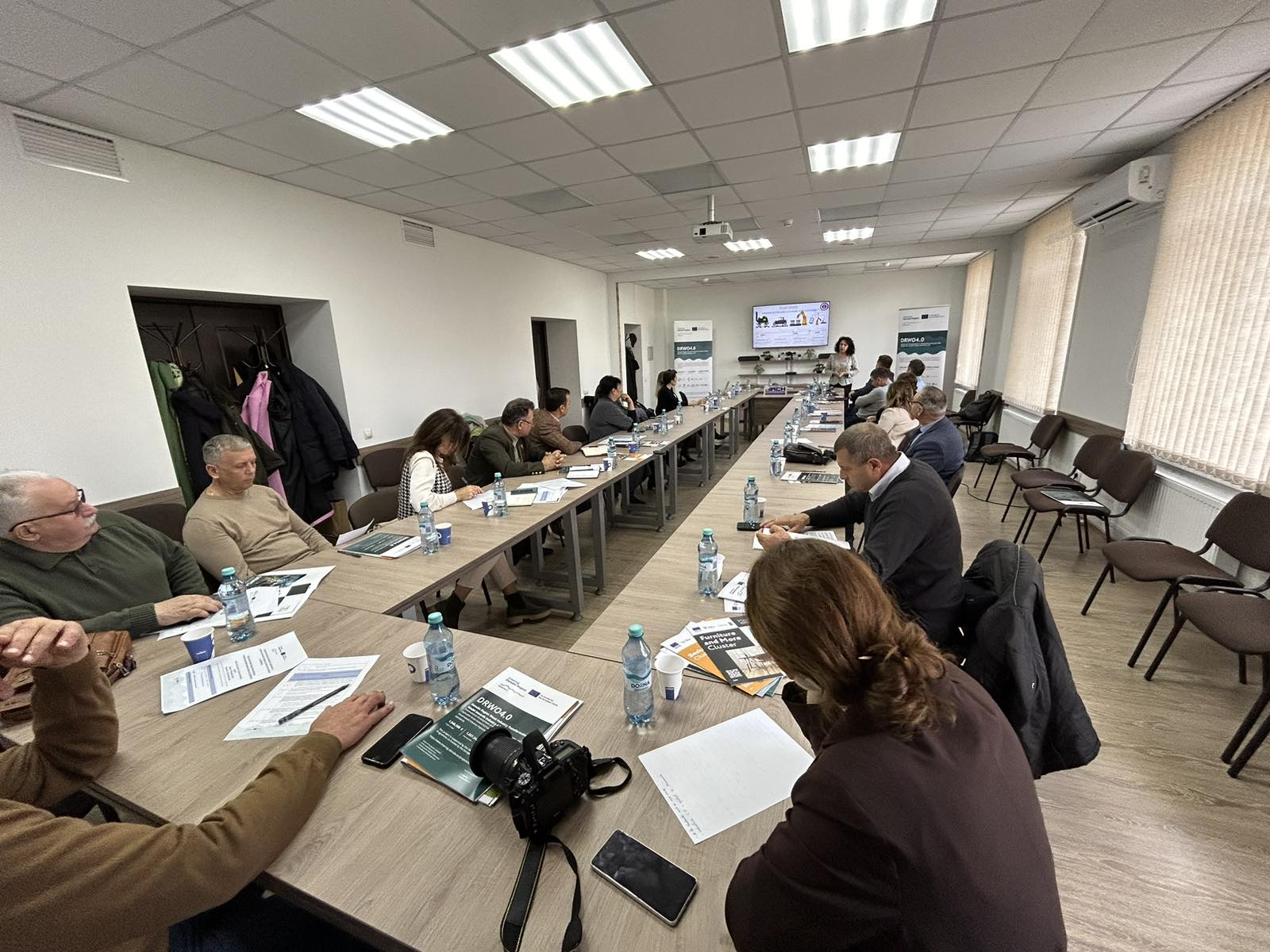
News & Events
Read the most recent updates and explore the upcoming events.

